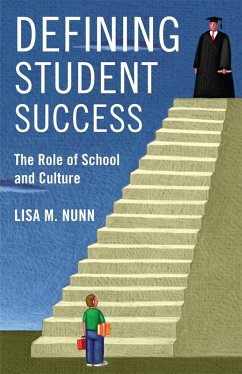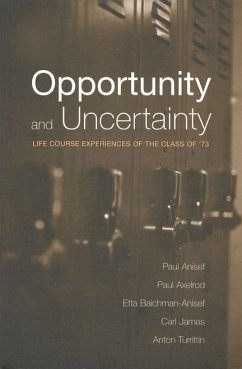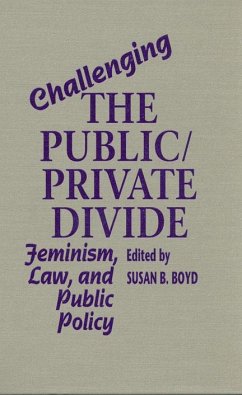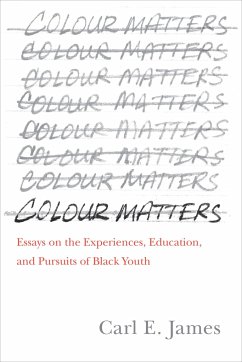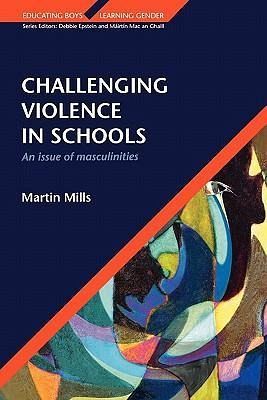
Challenging Violence in Schools
Versandkostenfrei!
Versandfertig in über 4 Wochen
46,99 €
inkl. MwSt.

PAYBACK Punkte
23 °P sammeln!
"Finally! A book that not only shows how the problem of 'school violence' is really a problem of boys' violence, but also a book that offers concrete, gender-based interventions to help all of us - parents, teachers, community - work to reduce it. It is not an overstatement to say that this book will save lives" - Professor Michael Kimmel, SUNY Stony Brook. "This is an important book in which Martin Mills provides a carefully argued analysis of gender-based violence in schools as well as a wealth of strategies for challenging its many facets. Challenging Violence in Schools is a grim reminder ...
"Finally! A book that not only shows how the problem of 'school violence' is really a problem of boys' violence, but also a book that offers concrete, gender-based interventions to help all of us - parents, teachers, community - work to reduce it. It is not an overstatement to say that this book will save lives" - Professor Michael Kimmel, SUNY Stony Brook. "This is an important book in which Martin Mills provides a carefully argued analysis of gender-based violence in schools as well as a wealth of strategies for challenging its many facets. Challenging Violence in Schools is a grim reminder that the current narrow fixation with academic achievement needs to be broadened if schools are to act responsibly in playing their part in making the future. This book should be compulsory reading for all teachers. - Professor Pat Mahony, University of Surrey Roehampton. "The contemporary concern about boys in schooling most often works within a 'competing victims syndrome', seeking to pit the interests of boys against those of girls. The strength of Martin Mills' book is that it takes a different stance in relation to boys in schooling. It focuses upon the ways dominant constructions of masculinity can lead to inappropriate and dangerous behaviours in schools. These violent behaviours affect the lives of all those in and associated with schools, including many other boys, many girls, as well as teachers. Drawing on research, Mills analyses and seeks to understand these issues and also makes useful recommendations for teachers and others in schools wanting to address these matters. This book is mandatory reading for anyone concerned with this important issue." - Professor Bob Lingard, Graduate School of Education, The University of Queensland. * Why are boys the major perpetrators of violence in schools? * What are the significant issues which schools need to take into account when dealing with boys' violence? * What are some practical strategies for addressing these issues? This book explores the relationship between violence and masculinity within schools. There is a clear need to explore this relationship. A substantial amount of evidence exists which demonstrates how boys are the major perpetrators of violence in schools - from extreme acts of violence such as school shootings in the US to more common forms of schoolyard bullying - and that both girls and boys are their victims. The book suggests that violence has been 'masculinized' in such a way that boys often perpetrate violence as a means of demonstrating their perception of what counts as a valued form of masculinity. This masculinization of violence has often meant that girls experience violence from boys who are seeking to demonstrate their superiority over girls, and it has also meant that some boys often experience violence due to their non-conformity to dominant images of masculinity. In order to support these arguments the book draws on extensive interview data collected from boys and teachers who were involved in anti-violence programs in their schools.








